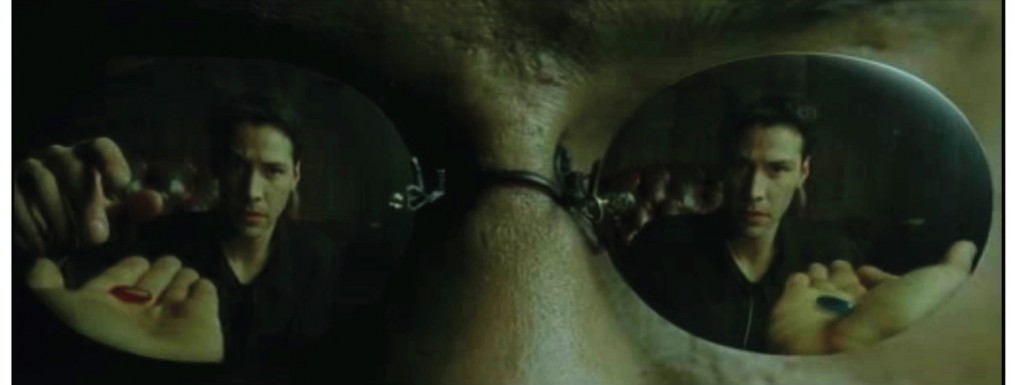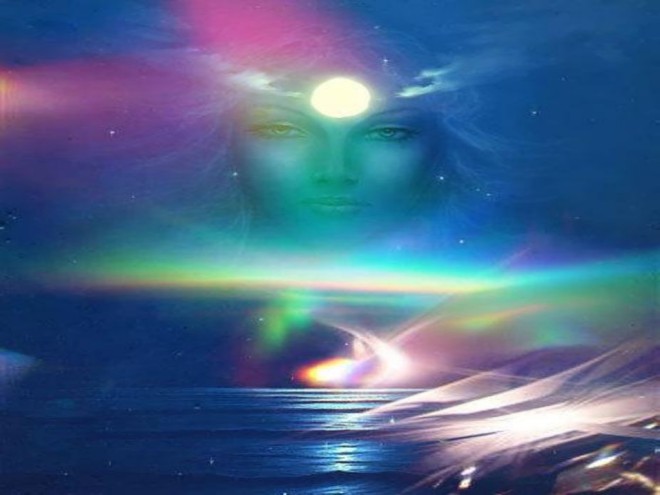There are times in our day-to-day life when we experience ourselves acting or thinking in ways we wish could be different. Sometimes, it can seem like our thoughts are running on auto-pilot, and whoever is doing the driving is not the most qualified person for the job. These thoughts then lead to actions which we regret later. The reason for this is that we often have un-conscious mental and emotional programs running our lives. Maybe these programs are fine for going about our daily interactions with the world, but what happens when they are no longer helping us to live our lives to the fullest?
The First Step: Uncovering That Which is Hidden
Since they are subconscious, these programs do a good job of staying hidden. Consciousness is not something which can be seen or touched, so it can be difficult to pinpoint disharmonious patterns within it. What are the signs that a subconscious mental program is affecting us? Fortunately, these programs leave traces that they are indeed there. These traces come in the form of negative thoughts, or that nagging little voice in the head. Knowing this, we can follow the breadcrumbs of thought to the root of what is running them.
Thoughts can be likened to bubbles in a lake. We can observe the bubbles on the surface, but where they come from is deep down at the bottom. Likewise, thoughts appear at the surface of our mind, but where they come from is deep down, in the realm of emotions. Thoughts are the surface signs of emotions.
We can begin by examining the inner voice we hear in our head, as well as the outer voice coming out of our mouths, and just observe them.
It can quickly be seen that thoughts occur all on their own, spontaneously, like a radio station continually broadcasting into space. If we tune into the mental stream, they become the central focal point; however, try shifting the dial of focus to the space in which these thoughts are occurring. As you do this, you will discover that the thoughts become blended into the background of awareness.
Now, from this space outside of thought, try observing the content of the mind, just don’t get pulled into it. What do you hear? What is the common theme around which the mental chatter is arranged? Is the voice angry? afraid? guilty? Take this chance to be radically honest with yourself – this is not a time to be squeamish!
Step Two: Removing Identification With the Mind
Understand that these thoughts are not even yours, so you do not need to identify with them. Just like a radio tower, the mind is continually broadcasting thoughts. It is what the mind does, continuously and automatically.
To prove that the mind is not even yours, try this: tell the mind to stop thinking and see what happens. The mind will probably just go right on thinking, against your will. If the mind was really yours, you could tell it what to do and it would listen, right? On the contrary, the mind is an impersonal aspect of our human nature.
Bringing humility into our understanding of this is very helpful. It can be very frustrating when one first comes to meditation and realizes how strong the monkey-mind chatter is, but remember: there is nothing wrong with it. It is only doing what it knows how to do. Just because you have negative thoughts does not make you a bad person. You are not your thoughts! This is part of the collective (un)consciousness of humankind. Everyone else has these same kinds of thoughts too; they truly are impersonal.
Step Three: Surrendering the Temporary Emotional ‘Payoff’
Dis-identifying with the mind makes it easier to go further inward to the source of thinking itself: emotions. Subconscious programs are fueled by our emotions, so addressing them from the emotional level is the key to canceling them.
The reason that these dysfunctional programs are running in our consciousness, despite our desire to be free of them, is because they offer us a hidden payoff. They create the illusion that we are getting something beneficial from them, a ‘juice’ if you will. This may not be apparent at first, as one might think, “How is there a payoff from being angry?”
The ‘juicy payoff’ is the emotional reaction; the feeling that moves through us. There is a part of us that finds a temporary pleasure, or satisfaction, in the feeling of anger, guilt, pride, etc. The part of us which feeds off of this juice is commonly called the ego.
The ego easily becomes addicted to the emotional payoff of negative emotions, and in turn feeds off of the juice. Since the juice is only a temporary satisfaction, the ego must seek more of it, thus perpetuating an endless feedback loop. With each infusion of ‘juice’ into the loop, the addiction becomes stronger and thus harder to break free of.
With this realization, it becomes clear that in order to undo negative programming, we must let go of the temporary payoff gained from negative thoughts and emotions. When this payoff is continually let go of, the unconscious program loses its power and influence. The juice becomes less and less interesting to us.
The next time a negative thought or emotion arises, ask yourself, “What is the juice I’m getting from this?” and “Is it worth the price?” If the juice is found to make you feel anything other than peace and tranquility, it is a sign that it needs to be let go of.
In this light, there is no need to fight or suppress anything, even fear and hatred itself. In fact, we can begin to let these emotions just be as they are and run themselves out. We no longer need to be afraid of emotions because we are no longer controlled by the temporary ‘pleasure’ of them.
With this practice of continually surrendering the juicy payoff of the negative emotions, a peaceful state naturally emerges. Peace is what prevails when all of our negative programs have been let go of. In this sense, it can be seen that Peace is actually a choice. When we choose Peace instead of the juice of the ego, our emotional dependence on negativity diminishes. When done continually, this Peace stabilizes and becomes our natural state, undisturbed by the passing temptations of negativity.
About the Author
Ryan Brown is a meditation teacher, energetic healer and writer. He has studied shamanic traditions of the Amazonian Basin and strives to integrate the ancient wisdom teachings of both the East and West in a way that is applicable to modern living. You can learn more about his pursuits at www.wayruna.org




